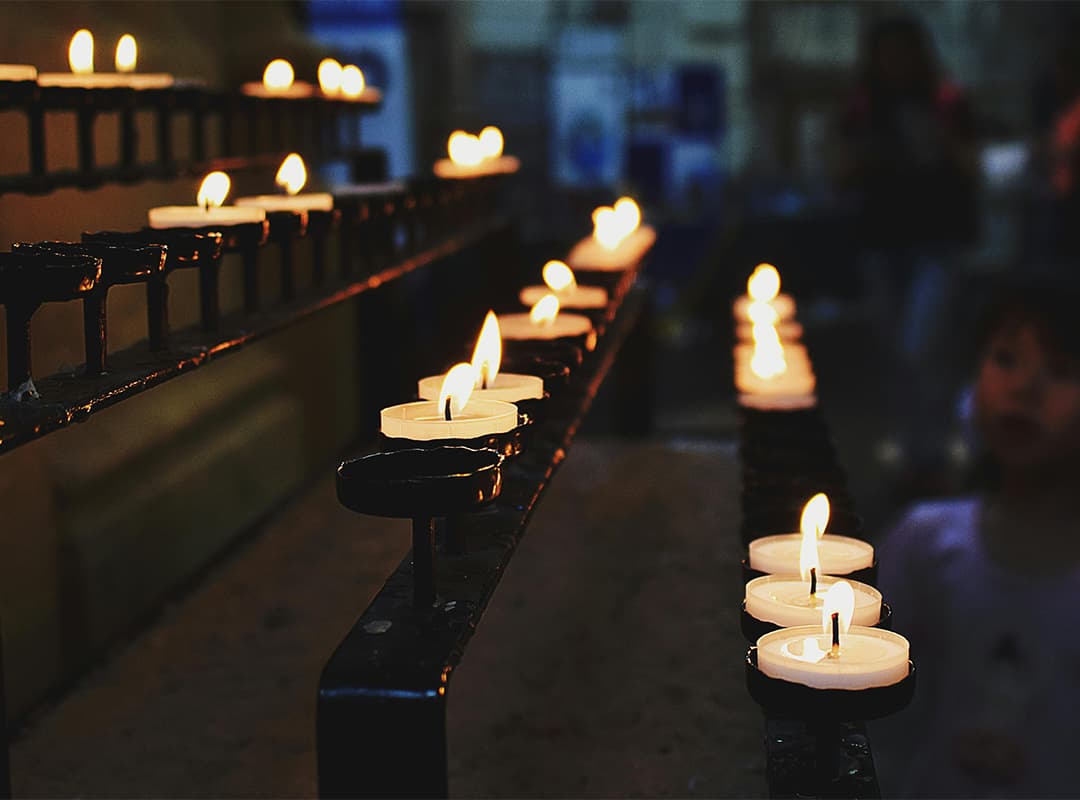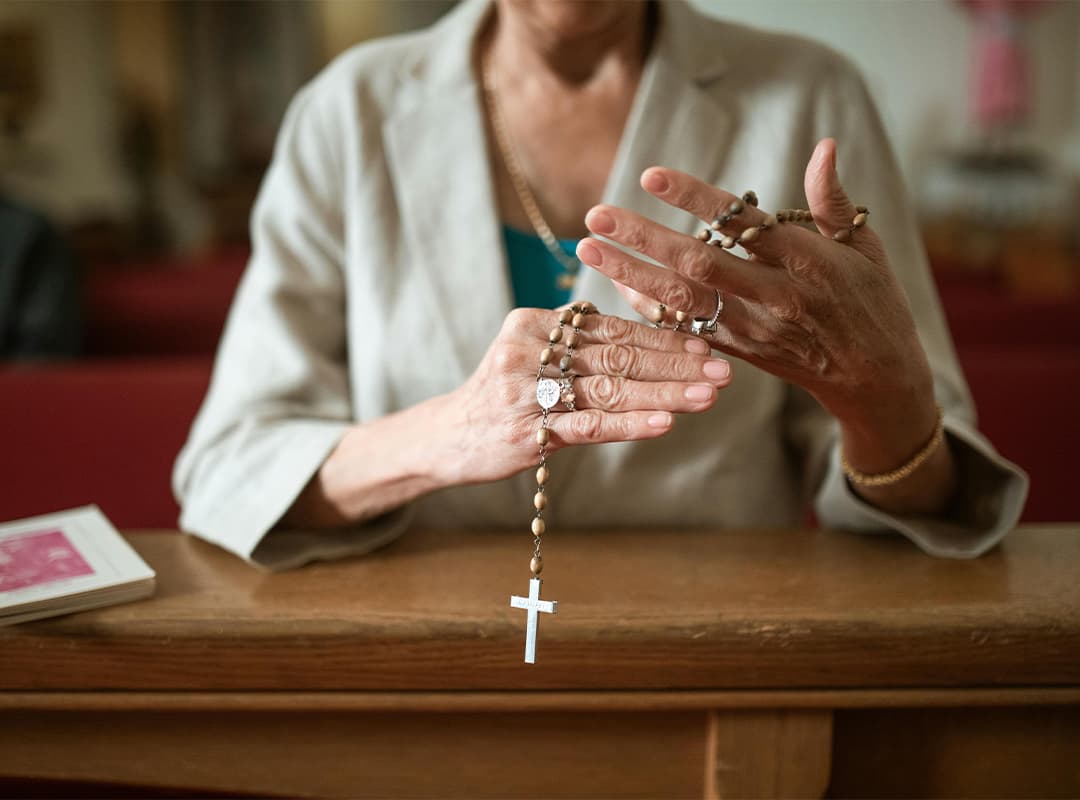The Orthodox Church considers the feast of the Nativity of Christ to be one of its “twelve feasts.” It is one of the main holidays of Christianity. It owes its origin to the Gospel stories about the miraculous birth of Jesus Christ, the Son of God and at the same time a human being.
The myth of the birth of Christ has its origins in primitive worship. In ancient Egypt, for example, the birthday of the god of water, vegetation, and the ruler of the underworld, Osiris, was celebrated on January 6, and the birthday of the ancient Iranian god Mithras was celebrated on December 25. As the Christmas holiday became established in different countries, it incorporated other rituals and customs of other religions and folk festivals, acquiring special features that did not contradict Christian dogmas.
The Baptism of the Lord. This holiday is one of the main holidays in Christianity. In the scriptures dedicated to the Feast of the Epiphany, theologians note that it was proclaimed in memory of a historical event – the baptism of Jesus Christ in the Jordan River. This event is described in the Gospels.
Initially, as we noted, Christianity did not know the rite of baptism at all. This is evidenced by the fact that there is no mention of this rite in early Christian literature. It was borrowed by Christianity from ancient cults. Sprinkling with water existed in many pre-Christian religions. By spiritualizing the phenomena of nature, our distant ancestors also spiritualized water, an important source of human life. Water quenched thirst, refreshed people, land, pastures, and ensured the fertility of fields.
Presentation. This feast is dedicated to the presentation of the baby Jesus Christ to God by the parents of Jesus Christ. The meeting took place in a Jerusalem temple on the fortieth day after Christ’s birth.
By introducing the Feast of the Presentation, the Christian Church tried to distract the people from ancient cults. In February, the Romans celebrated “purification” and repentance, fasting, believing that before starting spring field work, it was necessary to “cleanse themselves of sins” and evil spirits by making appropriate sacrifices to spirits and gods.
Palm Sunday is the eve of the so-called Holy Week, which is dedicated to “the memory of the suffering of Christ.” The holiday is immediately adjacent to Easter and has no fixed calendar date. In Orthodoxy, it is one of the “twelve feasts”.
The holiday is based on the story of the entry of Jesus Christ and his disciples into Jerusalem, where he went to suffer and die. The campaign was accompanied by miracles. On the day before entering Jerusalem, on Saturday, Jesus performed one of the greatest miracles – he revived Lazarus, who had been dead for four days, and on Sunday he entered Jerusalem. The people greeted him with joy, throwing palm branches in front of the Son of God.
The Ascension of the Lord. The earthly biography of Jesus Christ created by the evangelists ends with a description of the scene of the ascension of the Son of God, who had risen from the dead after the execution, to heaven. In honor of this event, the Christian Church established one of its holidays. It is celebrated on the fortieth day after Easter and therefore has no fixed date.
Based on biblical stories, Christian theologians assure that the resurrection of Christ opens the way for the righteous to go to heaven, to be resurrected after death. The Orthodox Church’s “Priest’s Handbook” states: “Christ ascended to heaven as the firstborn from the dead, manifesting in His Person the beginning of the human nature He redeemed and revived.”
But long before the emergence of Christianity, myths about the ascension of people, heroes, and gods to heaven were widespread among many peoples. In pre-Christian mythology, the Greek hero Hercules, the founder of Rome Romulus, the Roman emperor Caesar and his successor Augustus, the Hindu god Krishna, the Phoenician god Adonis, the god Mithras, who was worshipped in Iran, West Asia, India, and others were among those “ascended to heaven.” Christianity borrowed the idea of ascension from the beliefs of the Phoenicians, Jews, and other peoples.
Trinity, or Pentecost. This holiday, which in Orthodoxy also belongs to the “twelve days”, was established in memory of a miraculous phenomenon: on the fiftieth day after the resurrection of Christ, the “Holy Spirit” descended on his disciples (apostles) and they spoke in different languages, although they did not know them before.
The myths about the divine Trinity existed long before the emergence of Christianity among the ancient Babylonians, Egyptians, and other peoples, from whose beliefs the emerging Christianity borrowed many ideas. The New Testament stories about the Trinity emerged as a result of the need to connect the new religion with the legends of the Old Testament.
Savior. The holiday is based on the Gospel legend of the miraculous transfiguration of Christ: at the end of his earthly existence, the founder of Christianity led his disciples to a mountain and was “transformed” during prayer: “the appearance of his face changed,” “his clothes became white and shiny, and a voice from heaven confirmed his divine origin.”
The Exaltation. The Feast of the Exaltation of the Holy Cross is one of the most important holidays dedicated to the cult of the cross, a symbol of the Christian faith. The church associates several mythical events with the cross. One of them is always mentioned by priests in their holiday sermons. According to legend, the Roman emperor Constantine, who allowed the free practice of Christianity while still a “pagan,” had a miraculous vision before one of his greatest battles: a lighted cross with the inscription appeared in the sky: “By it overcome!”
Feasts of the Theotokos. In addition to the feasts in honor of Christ and the divine Trinity, the Christian Church has established a number of feasts in honor of his mother, the Virgin Mary. These are: The Nativity of the Mother of God, the Entry into the Temple, the Annunciation, the First and Second Holy, the Protection (the first four are considered “twelve” feasts), and many feasts in honor of her “miraculous” icons.
Easter (Pascha). Among the many Christian religious holidays, a special place belongs to Easter. The celebration of Easter was established by the first Christians to commemorate the “suffering, death and miraculous resurrection” of Jesus Christ.


